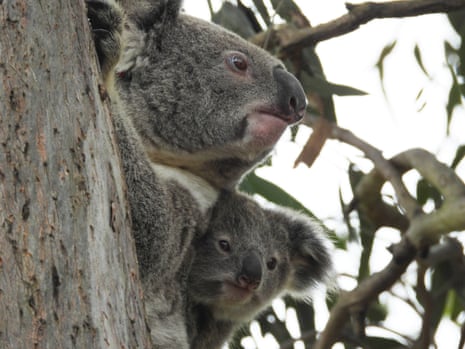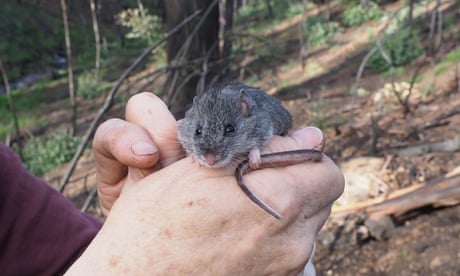Extract from The Guardian
Modelled on the Climate Council, the body says it will be a ‘strong and trusted voice’ backed by science including First People’s knowledge.

Wed 7 Dec 2022 01.00 AEDT
Last modified on Wed 7 Dec 2022 01.02 AEDTAustralia had experienced unprecedented bushfires that pushed yet more plants and animals on to the national threatened list and the country’s wildlife was found to be in unsustainable decline.
That moment of despair helped inspire the creation of the Biodiversity Council, a scientist-led thinktank based at the University of Melbourne, to be launched by the environment minister, Tanya Plibersek, on Wednesday evening.
Brendan Wintle, a professor in conservation science at the University of Melbourne, was the director of the Threatened Species Recovery Hub, which gave frank advice to government about the need to do more to turn around the decline of Australia’s plants and animals.
He is now a lead councillor for the new body.
“There are twin crises that we face – the biodiversity crisis and the climate crisis – and one of them gets a hell of a lot more attention than the other,” Wintle said.
The council has been modelled on the Climate Council, which provides information on the climate crisis and helped raise awareness of the need for urgent action to reduce greenhouse gas emissions.
The new council says it will be a “strong and trusted voice for biodiversity” backed by science, including First People’s knowledge.
Its councillors include the ecologist and Yuin man Jack Pascoe, the professor of biology and Climate Council director Lesley Hughes, the former Queensland chief scientist Hugh Possingham and the environmental law professor Jan McDonald.
Hughes said she hoped the organisation could emulate the success of the Climate Council. She said the council saw itself as a complement to existing conservation organisations and would bring “a scientific perspective to pertinent issues around saving our biodiversity”.
The organisation wants to foster public, policy and industry recognition of the biodiversity crisis, the importance of biodiversity for wellbeing and prosperity, and opportunities and solutions to address the decline of nature.
“While individuals care immensely about nature, most don’t really understand we have a biodiversity crisis,” Wintle said.
The five-yearly state of the environment report, released in July, found the health of Australia’s environment was poor and had deteriorated, with at least 19 ecosystems now showing signs of collapse or near collapse.
Despite this, a survey of 4,000 people across Australia conducted by the new council found 60% of respondents believed nature was in a good or very good state.
Ilsa Colson, the council’s incoming executive director, said part of its work would be to bridge this gap in understanding.
“Biodiversity loss and climate change are the two existential challenges of our time, yet biodiversity loss receives much less attention than the climate crisis,” she said. “The council will seek to change this.”
That will include projects to help people understand what biodiversity is – the variety of all life on Earth – and how the loss of that biodiversity is rapidly unpicking the ecosystems on which humans depend for food, clean air, water, medicines, happiness and wellbeing.
The council has been funded for four years through a grant from the Ian Potter Foundation and contributions from other philanthropic organisations and universities.

No comments:
Post a Comment